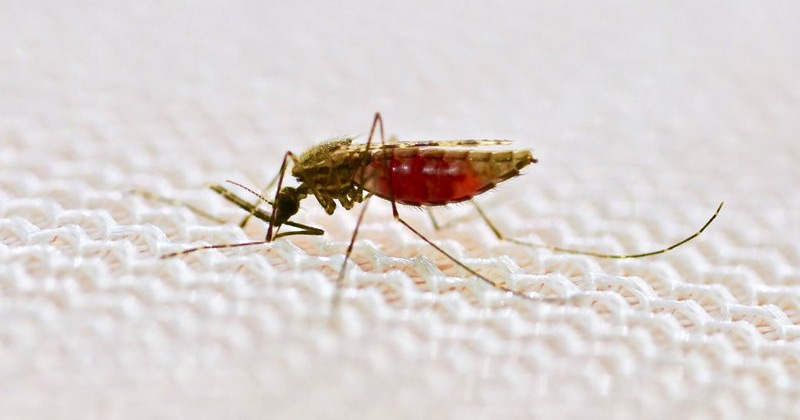After a field trial to control mosquito-borne viruses, genetically modified insects spread across Brazil. Depending on the sample, ten to 60 percent of the yellow fever mosquito (Aedes aegypti) in the village of Jacobina in northeastern Brazil have corresponding traces of the genome.
The long-term consequences on the spread of diseases, the reproduction of mosquitoes and interactions with the environment can not be estimated.
Some genetically altered mosquitoes survived
The British company Oxitec had released around 450,000 male mutated yellow fever mosquitoes weekly in Jacobina from 2013 to 2015. The genes of the mosquitoes had been altered so that the offspring of the insects should not be able to survive. The aim was to contain the population of mosquitoes, which can transmit, yellow fever, dengue fever and the Zika virus. The pathogens are only transmitted by the female animals.

Indeed, the number of mosquitoes with this method was actually reduced by 80 to 95 percent, according to various studies. However, some mosquitoes survived and now carry an altered genetic material in itself.
Globally Uncontrollable Situation
Testbiotech, another research firm, also accuses Oxitec to have started the field trial without sufficient studies. The attempts of the company Oxitec have led to a largely uncontrollable situation. In the worst case, the damage could neither be covered by insurance nor corrected by emergency measures. This incident must have consequences for the further use of genetic engineering. Preventing the spread of GMOs into natural populations must be a top priority in the future.
The consequences of the transfer of the genetically modified genome to future generations of yellow fever mosquitoes is still unclear. Genetically engineered mosquitoes may be more robust and resistant to insecticides. These results show how important a surveillance program is in exposing genetically engineered organisms to detect unanticipated consequences.

The mosquitoes spread across the globe very quickly and if this is to be the case, it will be a global issue pretty soon with no solution in hand.
Change in Strategy
Oxitec has changed its strategy. The second generation of genetically modified mosquitoes is programmed so that only the female offspring are not viable. The male on the other hand, survive and can mate with wild females. The survival of genetically modified yellow fever mosquitoes is in the new program because Oxitec wanted to specifically contain the population of dangerous females.
There is an increase in the number of dengue cases in Brazil by 600 percent. The current extreme increase in reported cases shows just how important the fight against yellow fever mosquitoes is.

Since the beginning of the year, the number of dengue cases over the same period last year increased by 599.5 percent to 1.4 million, said the Ministry of Health of the South American country on Wednesday. The number of confirmed deaths from the dengue virus increased to 591 this year. In the same period, there were 141 deaths in 2018.
The number of dengue cases in Brazil varies dangerously. Frequently episodes with violent outbursts often follow in phases with relatively few cases. However, 2019 is already the year with the fourth most fatal and dengue suspected cases since 1998.
The Zika virus can be identified with a blood test.
The Chikungunya virus and the Zika virus has also spread in Brazil since the beginning of the year. The diseases are also transmitted by the yellow fever mosquito.


